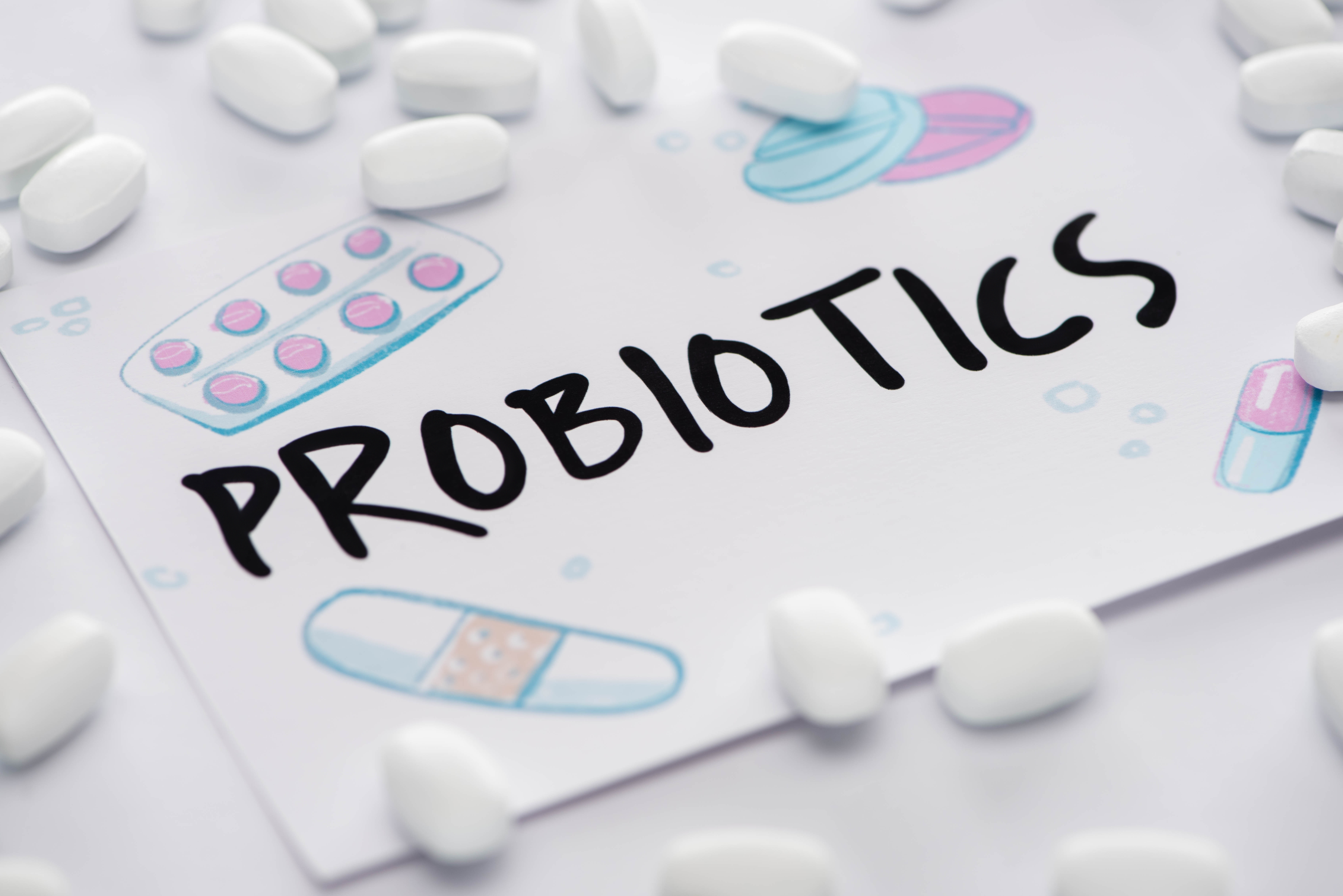Reasons Probiotics Are Essential for Your Health and Wellbeing
In recent years, the conversation surrounding probiotics has surged, capturing the attention of health enthusiasts and medical professionals alike. Probiotics, often referred to as "good" or "friendly" bacteria, are microorganisms that provide health benefits when consumed in adequate amounts. They inhabit our gut, forming a complex ecosystem that plays a crucial role in maintaining our overall health and wellbeing. This introduction aims to unravel the multifaceted nature of probiotics, setting the stage for a comprehensive exploration of why these microorganisms are indispensable to our health. As we delve deeper, we will discover how probiotics influence various aspects of our physiology, from digestion to mental health, and why incorporating them into our daily regimen can lead to profound health benefits.
The human body is a host to trillions of microorganisms, collectively known as the microbiome. This intricate network is predominantly located in the gut and is pivotal to numerous physiological processes. Probiotics, as a significant component of the microbiome, contribute to the delicate balance that sustains our health. Their role extends beyond mere digestion; they are integral to immune function, mental health, and even skin condition. As we navigate through this article, we will explore the science behind probiotics, their diverse strains, and how their presence—or absence—can influence our health. This journey will illuminate the essential nature of probiotics, underscoring their relevance in modern health practices.
The Science Behind Probiotics: Understanding the Basics

To appreciate the importance of probiotics, it is essential to understand the science that underpins their function. Probiotics are live microorganisms that, when administered in adequate amounts, confer a health benefit on the host. They are primarily composed of bacteria, but certain yeasts also qualify as probiotics. The most common probiotic bacteria belong to the genera Lactobacillus and Bifidobacterium, each comprising multiple species with unique health benefits. These microorganisms work by colonizing the gut, where they compete with pathogenic bacteria, produce beneficial compounds, and interact with the host's immune system.
The concept of probiotics is rooted in the work of Nobel laureate Élie Metchnikoff, who proposed that consuming fermented foods containing beneficial bacteria could promote health and longevity. Since then, extensive research has validated the health benefits of probiotics, leading to their inclusion in a variety of foods and supplements. Understanding the basic science of probiotics allows us to appreciate their mechanisms of action, which include modulation of gut flora, enhancement of intestinal barrier function, and regulation of immune responses. As we advance in our exploration, we will uncover how these mechanisms translate into tangible health benefits.
Probiotics and Digestive Health: A Symbiotic Relationship

One of the most well-documented benefits of probiotics is their positive impact on digestive health. The gut is a complex system that relies on a balanced microbiome to function optimally. Probiotics contribute to this balance by promoting the growth of beneficial bacteria and inhibiting the proliferation of harmful pathogens. This symbiotic relationship is crucial for maintaining a healthy digestive tract, reducing the risk of gastrointestinal disorders such as irritable bowel syndrome (IBS), inflammatory bowel disease (IBD), and diarrhea.
Probiotics aid digestion by breaking down complex carbohydrates, producing short-chain fatty acids, and synthesizing essential vitamins. They also enhance the integrity of the gut lining, preventing the translocation of harmful substances into the bloodstream. Research has shown that specific probiotic strains can alleviate symptoms of lactose intolerance, improve bowel regularity, and reduce bloating and gas. By fostering a healthy gut environment, probiotics play a pivotal role in promoting efficient digestion and nutrient absorption, highlighting their importance in maintaining digestive health.
